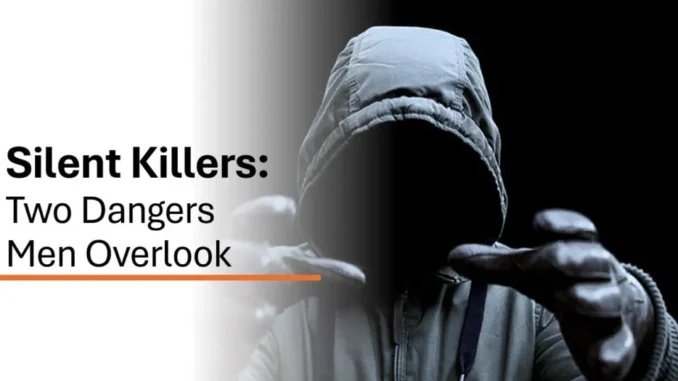
Some diseases progress so rapidly that, without immediate medical attention, they can lead to death in a short time. Below are five of the deadliest conditions that require urgent action to improve survival chances:..CONTINUE READING THE FULL ARTICLES HERE
1. Heart Attack (Myocardial Infarction)
A heart attack occurs when blood flow to the heart is blocked, often by a blood clot. Without oxygen, heart muscles begin to die within minutes.
Symptoms include: chest pain, shortness of breath, nausea, and pain in the arm or jaw.
2. Stroke (Cerebrovascular Accident)
A stroke happens when blood flow to part of the brain is cut off due to a clot or bleeding. Brain cells begin to die quickly, making it a medical emergency.
Symptoms include: sudden weakness, slurred speech, vision problems, or facial drooping.
3. Sepsis
This life-threatening condition occurs when the body overreacts to an infection, leading to widespread inflammation, organ failure, and death.
Symptoms include: high fever, rapid breathing, confusion, and low blood pressure.
4. Meningitis
Meningitis is an infection of the protective membranes around the brain and spinal cord. Bacterial meningitis, in particular, can be fatal within hours if untreated.
Symptoms include: stiff neck, severe headache, fever, vomiting, and sensitivity to light.
5. Pulmonary Embolism
This happens when a blood clot blocks a major artery in the lungs, cutting off oxygen supply. It can cause sudden collapse and death if not treated immediately.
Symptoms include: chest pain, difficulty breathing, rapid heartbeat, and coughing up blood.
Conclusion:
These diseases act fast and kill quickly. Knowing the warning signs and seeking emergency care immediately can save lives. Don’t ignore sudden or severe symptoms—your quick response could be the difference between life and death..
Kindly Follow Our WhatsApp Channel
Disclaimer: This content including advice provides generic information only. It is in no way a substitute for a qualified medical opinion. Always consult a specialist or your own doctor for more information. NEWSHOUR does not claim responsibility for this information.
